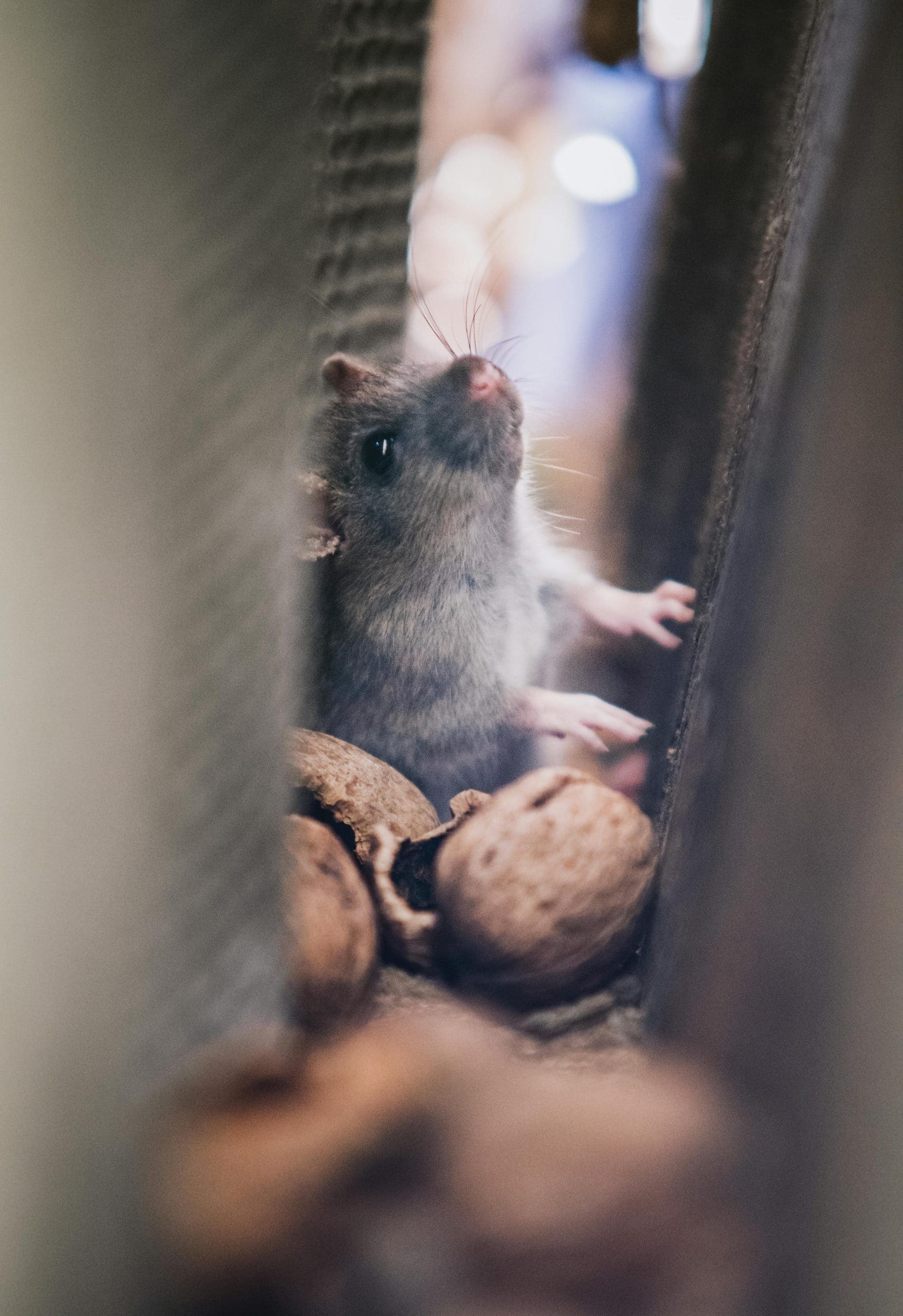How to Control Rat Infestation
Rats are more than just a nuisance; they pose significant health risks and can cause extensive damage to your property. South Florida, with its warm climate and abundant food sources, is particularly susceptible to rat infestations. This comprehensive guide will explore the causes of rat infestations, effective prevention and control measures, and provide answers to frequently asked questions.
Understanding Rat Infestations
Rats are highly adaptable creatures that can thrive in various environments. Here are some key factors that contribute to rat infestations:
1. Food Sources
Rats are omnivorous and will eat almost anything available. They are particularly attracted to grains, seeds, fruits, and even pet food. Poorly stored food and garbage can be a magnet for these pests.
2. Shelter
Rats seek out warm, safe places to nest and reproduce. They can squeeze through tiny openings to gain access to buildings and often nest in attics, basements, and wall cavities.
3. Water Sources
Like all living creatures, rats need water to survive. Leaky pipes, standing water, and even condensation can provide the necessary hydration for a rat colony.
Signs of a Rat Infestation
Identifying a rat infestation early can help prevent a small problem from becoming a major issue. Here are some common signs to look for:
- Droppings: Rat droppings are typically found near food sources, in drawers, cupboards, and under sinks.
- Nesting Material: Rats use shredded paper, fabric, and plant matter to build their nests.
- Gnaw Marks: Rats chew through food packaging, walls, and floors to gain access to food and nesting sites.
- Stale Odors: A strong, musty smell can indicate the presence of rats in hidden areas.
Effective Rat Control Methods
1. Eliminate Food Sources
- Store food in airtight containers.
- Clean up spills and crumbs immediately.
- Keep garbage in containers with tight-fitting lids.
- Remove pet food after your pets have finished eating.
2. Seal Entry Points
- Inspect your home for holes and gaps, and seal them with materials like steel wool or caulk.
- Pay special attention to doors, windows, and vents.
- Use weather stripping to seal gaps under doors.
3. Remove Shelter Options
- Declutter your home, especially in storage areas like attics and basements.
- Trim back vegetation and keep shrubs and bushes at least three feet from your home.
- Remove piles of debris, firewood, and other potential nesting sites from your yard.
4. Use Traps and Baits
- Snap traps and electronic traps are effective for catching rats. Place them along common pathways where you find droppings and gnaw marks.
- Use tamper-resistant bait stations to keep children and pets safe.
- Consider using bait like peanut butter, bacon, or moistened oatmeal to attract rats.
5. Professional Pest Control
- If DIY methods are not effective, contact a professional pest control service like Dade Pest Solutions. They can provide tailored solutions and ensure that the infestation is completely eradicated.
FAQ Section
Q1: What attracts rats to my home?
- Rats are attracted to food, shelter, and water. Poorly stored food, cluttered spaces, and leaky pipes can all draw rats to your home.
Q2: How can I prevent a rat infestation?
- Store food in airtight containers, seal entry points, remove clutter, and maintain your yard. Regular inspections and professional pest control services can also help.
Q3: What are the signs of a rat infestation?
- Common signs include droppings, gnaw marks, nesting material, and stale odors. You may also hear scratching or squeaking noises, especially at night.
Q4: Are traps effective for controlling rats?
- Yes, snap traps and electronic traps are effective when placed along common pathways. Using the right bait and positioning the traps correctly can increase their effectiveness.
Q5: Should I use poison to control rats?
- Poison can be effective but should be used with caution. Tamper-resistant bait stations are recommended to keep children and pets safe. Professional pest control services can provide safe and effective solutions.
Q6: Can rats cause health problems?
- Yes, rats can carry diseases like hantavirus, leptospirosis, and salmonella. They can also cause allergic reactions and asthma attacks in sensitive individuals.
Q7: How quickly can rats reproduce?
- Rats can reproduce rapidly, with a single pair capable of producing several litters per year. This rapid reproduction makes early detection and control essential.
Q8: What should I do if I see a rat in my home?
- If you see a rat, it’s likely that there are more. Set traps, seal entry points, and contact a professional pest control service if the problem persists.
Conclusion
Controlling a rat infestation requires a comprehensive approach that includes eliminating food sources, sealing entry points, removing shelter options, and using traps and baits. In South Florida, where the warm climate and abundant food sources create ideal conditions for rats, proactive measures and professional pest control services like Dade Pest Solutions are essential. By understanding the causes of rat infestations and implementing effective control strategies, you can protect your home and health from these unwelcome pests.

